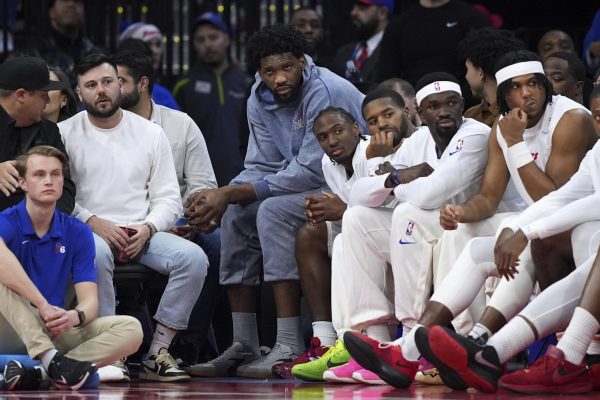Enforcers or Protectors?: Student Opinions of Colgate Campus Safety
Ever since I arrived on Colgate’s campus in the Fall of 2018, enforcement of Cod of Student Conduct violations by Campus Safety has been a divisive issue. The first upperclassman I met, only a day or two into my first-year orientation, told me and my friends to “watch out for Campo” before telling us about the great professors, the bitter cold and the joy of 3 a.m. Frank runs. Apparently, this was one of the first things that Colgate first-year had to know.
I guess my friends and I didn’t take these words to heart because over the next few months, we had plenty of interactions with Campus Safety officers, some great and some, not so much.
Over the past three years, I’ve learned that there is a fine line with some officers between helping students make better (and safer) decisions, and “looking” for ways to report students for Code of Student Conduct violations. It is this fine line that creates discontent among some students and fosters the divided perception between Colgate Campus Safety’s role as protectors versus enforcers in the eyes of the student body.
I’ve had some great experiences with Campus Safety officers, even when the interaction was prompted by an infraction. In those instances, I really felt like the officers had my best interests in mind and were ready to impart some words of wisdom. Junior Lydia Proskauer shares my sentiment. When I spoke to her last week, Proskauer praised Campus Safety and the Colgate disciplinary policies, in particular, the medical amnesty policy that allows students to call for medical assistance without the fear of retrospective disciplinary action. Fellow junior Chase Hoyt echoed this, saying that there are some students who might not be here if it weren’t for this medical amnesty policy and the quick and thoughtful action of campus safety officers.
“At Colgate, if something goes wrong, I wouldn’t hesitate to call Campo [Campus Safety] immediately. I don’t know if I could say that about Campus Safety programs on other campuses,” Hoyt said.
In addition, Proskauer praises Campus Safety for their commitment to helping students out in any way they can.
“I’ve never heard of anyone else’s Campus Safety giving people rides in the cold or helping them go to pick up packages,” she said.
Junior Thomas Hogan spent his first-year at George Washington University in Washington, D.C., and recalled that the Campus Safety there worked in tandem with the city police department, resulting in a heavy-handed disciplinary approach.
“At Colgate, it is clear that the Campus Safety officers really care about the community. They aren’t here to get students in trouble, they are here to keep them safe,” Hogan remarked.
However, some students have had some more negative experiences which have colored their opinion, as well as the opinions of their peers, on the role of Campus Safety here at Colgate. Junior Max Foote recalls an incident in which he felt obliged to take responsibility for an empty alcohol container, one that was not his, thinking that this admission would be seen favorably by the officer and result in a slap on the wrist. To the contrary, he was written up and had disciplinary action taken against him.
Sophomores Orli Sweifach and Aliza Reinstein were surprised and somewhat distressed when Campus Safety officers went through their belongings during a routine Fire Drill inspection, seemingly looking for an unprompted violation. Reports circulated on social media last semester charging that a male Campus Safety officer had made female students in the Townhouses uncomfortable when he entered their building unannounced without wearing a face covering, an incident which was investigated by the University.
In addition, Proskauer mentioned that, although she feels like Campus Safety officers do their best to be fair and protect students rather than get them in trouble, “it often depends on the mood of the officers, the time of day and the officers’ opinions of the particular students they are dealing with.”
Similarly, Foote said he thought that Campus Safety’s enforcement of infractions is not always commensurate with the gravity of the violation.
“If anything, some ‘major’ infractions are maybe not enforced enough. The fact that marijuana possession equates to four points on your record whereas possession of a fake ID equates to only one is ridiculous, in my opinion,” Foote said.
Yes, students understand that marijuana is an illegal substance in the State of New York, however, for minors, so is alcohol. Some students would argue that a student binge drinking hard liquor is much more of a safety concern than a group of friends taking a walk on the Ski Hill and smoking a joint, however, this seems to be a concern that is associated with Campus Safety but which, in reality, stems from Colgate’s disciplinary policies.
Ultimately, upon a closer examination of student experiences with, and perceptions of, Colgate Campus Safety, perhaps the issue lies with Colgate’s Student Code of Conduct and the points system, rather than with the Campus Safety officers who are simply trying to do their job.
“People can have their gripes with certain officers and certain policies but, at the end of the day, they do good work here and they do it in arguably the best way possible,” Hoyt said.










